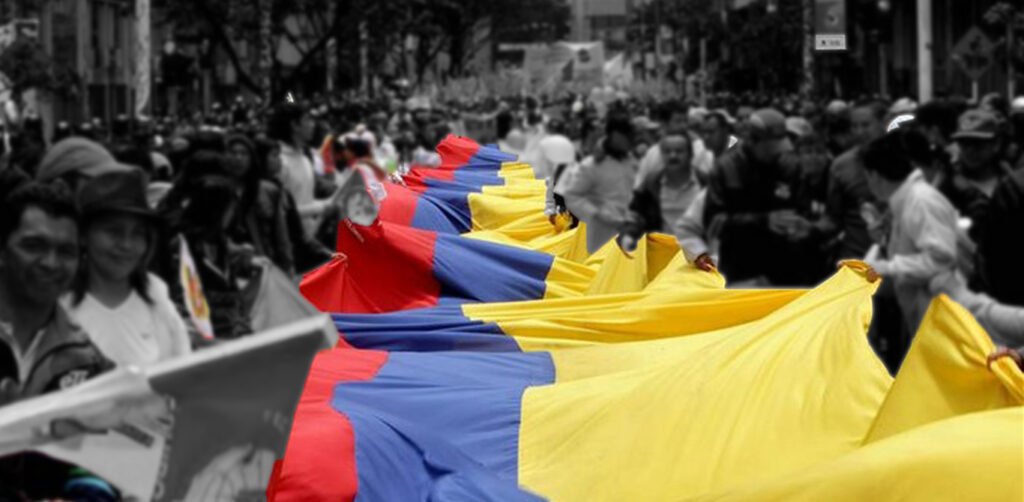
The Peace and Reconciliation Foundation (Fundación Paz y Reconciliación) deployed a team of around 50 people throughout the country to conduct an investigation aimed at shedding light on the security situation in Colombia. The objective was three-fold. First, to account for Iván Duque’s first year in office by analyzing security advances and setbacks and evaluating the Defense and Security Policy (Política de Defensa y Seguridad), which was launched at the beginning of the year. This objective was particularly urgent given that improved security was one of Duque’s central campaign promises.
Download the full report
Second, to understand the current state of territorial security nearly three years after the Peace Accord was signed at the Colón Theatre. Academics working in the field of post-conflict studies divide this transitional period into two phases. The first, known as the Stabilization Phase, spans the first three years following the signing of the Accord.
It is a period when it is important to control security indicators in post-conflict zones, prevent the emergence of illegal armed organizations that aim to take over territory, and, above all, it is a period when the State should begin to make its presence felt in regions previously administered by the demobilized armed group. After this period, and for the next seven years, comes the Normalization Phase, which refers to the Reconciliation period and, in general, to national transformations which promote peace.
In theory, the Stabilization Phase is about to end; for this reason, it is important to take stock of the behavior of security indicators and the state of the ELN, Organized Armed Groups and post-FARC or dissident groups in order to determine the future of various regions of the country.
It is also necessary to analyze the situation of social leaders, human rights defenders and FARC ex-combatants as well as assess the dynamics of political violence as they occurred during this past election year. Additionally, there was a third objective, which was to clarify the debate.
For instance, in an interview with CNN, Senator Álvaro Uribe said there were more than 5,000 FARC dissidents and that ELN membership could reach 15,000. These numbers seem absurd, but nevertheless require investigation to confirm or deny them. Also, in many parts of the country, social organizations have affirmed the reemergence of paramilitary groups; another assertion which required investigation. It was therefore necessary to clarify the state of security in the country.


